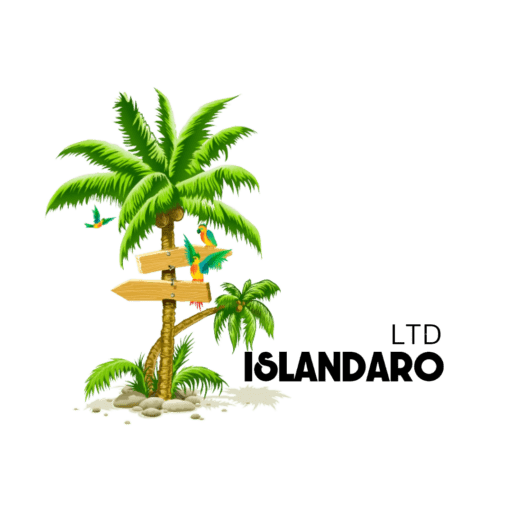The Caribbean, like many popular tourist destinations, will greatly benefit from more sustainable travel that makes a positive impact on local communities, economies, and the natural environment. Blogger and environmental advocate Malou Morgan shares her insights with Shelly-Ann Inniss
Why is sustainable travel important to you?
My family, in one way or another, has always been involved in the tourism sector. To say that travel and tourism are in my blood is an understatement.
However, I truly believe the old models of tourism are not sustainable, and there’s great potential in reshaping our tourism models to have a greater, more positive impact on our communities.
I think it’s important that we, as Caribbean people, make concerted efforts toward more meaningful travel practices, and work together to determine what our future tourism products look like. I love my home, I love the Caribbean region, and I want to see all of our people thrive.
What are some ways tourists can travel sustainably?
Small steps and more responsible choices can make a big difference:
Research where you are going, so that you have an understanding of the culture, local customs and laws
Support local businesses. Staying at a local hotel, for example, benefits the local community more than staying at an internationally-owned chain. Studies have shown that up to 80% of money earned through tourism in the Caribbean doesn’t end up staying in the host country
Protect the environment. Enjoy ethical animal encounters that observe animals in their natural habitat, like whale-watching, from a safe distance.
Do you think Caribbean nations have an advantage over others regarding sustainability?
Sustainable living used to be the norm in the Caribbean. We used what we had available to us, we were resourceful, and we took better care of our communities and environment. Since sustainability can take many forms, I think it’s important for us to view sustainable tourism as an umbrella for all variations of travel, rather than a niche within the travel industry.
Now is a good time for the stakeholders of small island destinations to build resilience via the principles and practices of the circular economy instead of the traditional linear economic model, in which resources are taken, used, and discarded.
Sustainable tourism development requires the informed participation of all relevant stakeholders, as well as strong political leadership, to ensure wide participation and consensus-building.
Malou is passionate about Caribbean culture, slow food, mindful living, and social good. You can follow her on Instagram @skiptomalouuu or visit skiptomalouuu.com
Source link





















